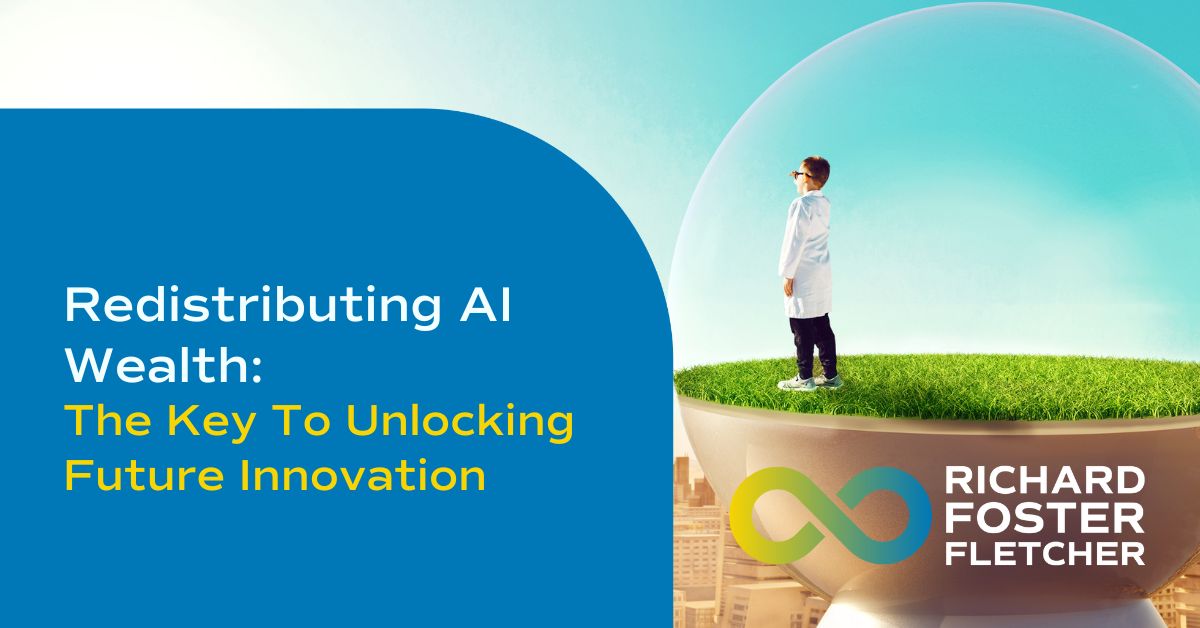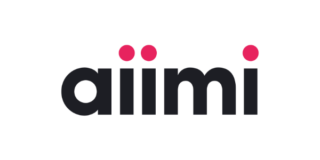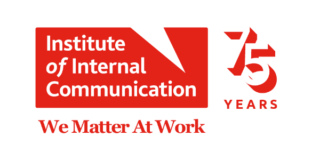
Redistributing AI Wealth: The Key To Unlocking Future Innovation

AI has the potential to replace certain jobs, including roles such as Marketing Assistant, Legal Advisor, Design Consultant, Visual Media Producer, Human Resources Manager, Business Coach, Private Tutor, Counsellor, Fashion Model, Social Media Influencer, Broadcaster, Actor, Artist, Writer, and so on.
On the flip side, it also brings the promise of creating new roles. According to ChatGPT, new jobs include AI Ethicist, AI Safety Engineer, Machine Learning Engineer, Data Annotation Specialist, AI Policy Advisor, Conversational AI Designer, AI Integration Specialist, Robotics Technician, Digital Transformation Consultant, Personal Data Broker, AI Healthcare Technician, Autonomous Vehicle Trainer, AI-Assisted Education Specialist, Content Personalisation Curator, and Sustainability Analyst Using AI.
Clearly, these are highly technical and specialised roles. They necessitate advanced education, often requiring master’s degrees and PhDs.
The progression of AI and the impact it will have on employment is contingent upon our ability to channel these advancements into creating new roles, industries, and markets.
The term “our” in this context refers collectively to society at large, including policymakers, business leaders, technologists, educators, researchers, activists, community leaders, and the general public.
This collective approach is essential for ensuring that AI advancements lead to positive outcomes, including the empowerment of individuals to find new opportunities and contribute to the creation of new markets.
As an example, let’s consider an educational institution considering Microsoft Copilot. The rollout cost is around £560,000 per annum, and it will support teachers with lesson planning, administration, and student assessment, etc. The business case suggests aims to reduce the teacher workload by 30% (15 hours per week).
But who should these 15 hours belong to?
The traditional business logic suggests reinvestment of this time back into the business. Teachers could use the additional time to enhance educational outcomes and offer more personalised attention to students.
Another perspective is to see the additional time as an investment in the staff’s well-being.
It’s pivotal to acknowledge the foundation upon which AI’s capabilities are built: the collective wisdom and data shared by educators across the globe!
I believe the benefits of AI—including the liberated time resulting from its implementation—should not predominantly serve the interests of the implementing organisations. If the dividends of AI are not directed towards empowering individuals at every level to innovate, the potential for creating new jobs, fostering grassroots innovation, and challenging existing power structures will remain untapped.
Without such a shift, we risk perpetuating socioeconomic disparities and consolidating wealth and power within a select few, ultimately hindering the transformative potential of AI for society.
















